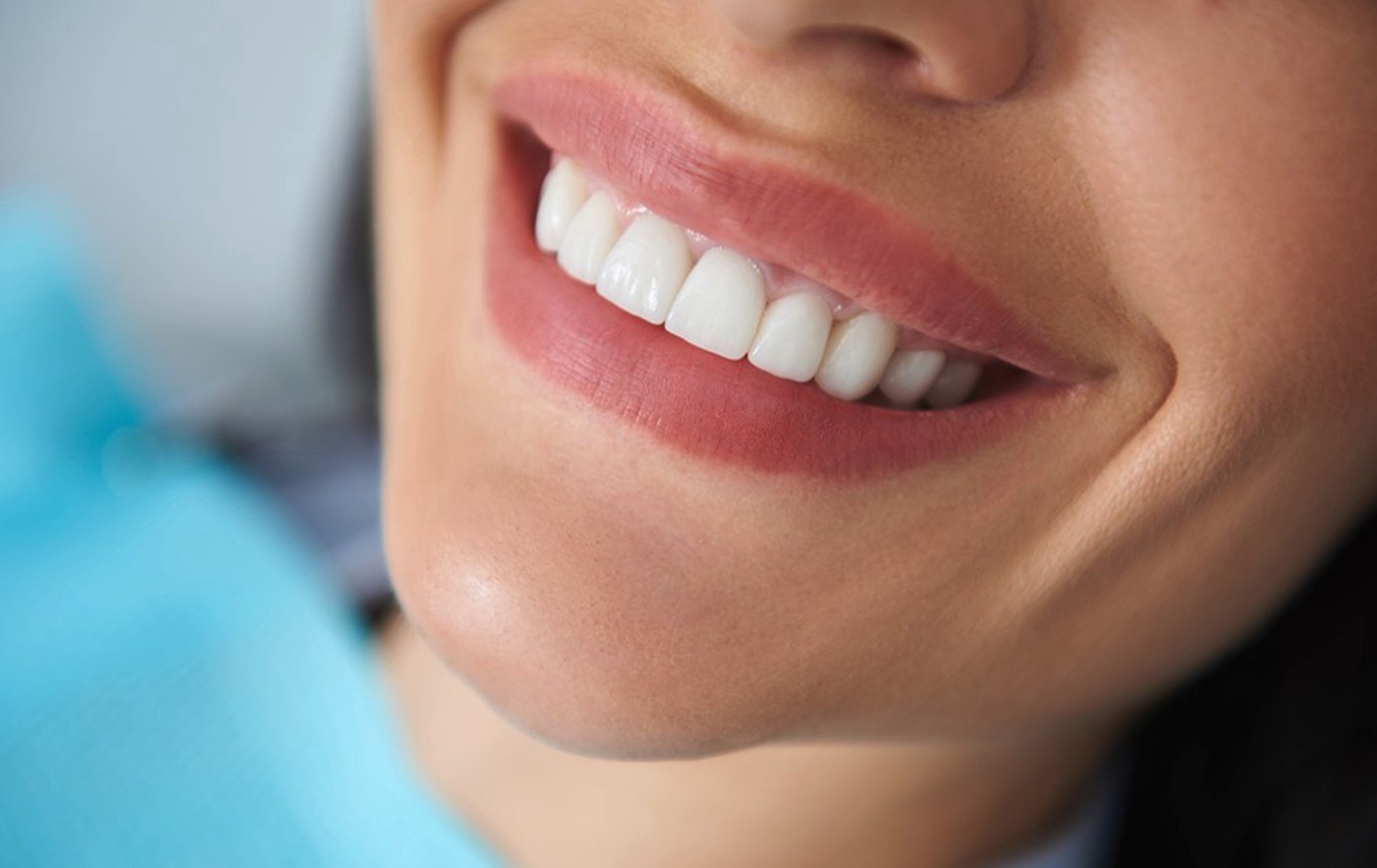July 07, 2024
Bruxism, commonly known as teeth grinding and clenching, is a prevalent oral health concern that can lead to significant discomfort, tooth damage, and other oral complications if left untreated. We recognize the importance of addressing bruxism promptly and effectively, offering comprehensive care and support to assist you in overcoming this problematic condition, preserving your teeth, and maintaining your overall oral health.
In this article, we will explore the causes and signs of bruxism, delve into the potential consequences of this condition if left unresolved, and discuss the available treatment options at Nuttall Smiles to help alleviate symptoms and protect your smile. By understanding the importance of timely intervention and the benefits of bruxism treatment, you can take control of your oral health and work towards finding relief from this troublesome condition.
Bruxism affects individuals of all ages and may occur during the day or at night, with nighttime teeth grinding often going unnoticed as it occurs subconsciously during sleep. This involuntary habit may be triggered by various factors, including stress, anxiety, bite misalignment, and even certain medications. Identifying the presence of bruxism is essential in seeking the appropriate treatment to mitigate the adverse effects on your teeth and oral health
Assessing the Causes and Risk Factors of Bruxism
Understanding the underlying causes of bruxism is vital for effective treatment and management. While the exact reasons may vary, some common contributing factors include:
- Stress and Anxiety: Psychological factors such as stress and anxiety often cause teeth clenching and grinding, especially during sleep.
- Malocclusion: An abnormal bite or misaligned teeth can trigger bruxism as the body attempts to correct the imbalance.
- Sleep Disorders: People with sleep disorders, including sleep apnea, are more likely to experience bruxism.
- Lifestyle Factors: Excessive consumption of caffeine, alcohol, or nicotine can contribute to teeth grinding and clenching.
Customized Bruxism Treatment Options at Nuttall Smiles
We strive to provide personalized care tailored to your unique needs. We offer a range of effective bruxism treatments and preventive measures, including:
- Night Guards and Splints: Custom-fitted dental appliances, such as night guards and splints, can protect your teeth from grinding and clenching, minimizing tooth damage and promoting muscle relaxation.
- Stress Reduction Techniques: Incorporating relaxation techniques, such as meditation, deep breathing exercises, or yoga, can help reduce stress-induced bruxism.
- Orthodontic Treatments: If malocclusion is at the root of your bruxism, orthodontic treatments, such as braces or Invisalign, can help restore proper bite alignment and diminish teeth grinding.
- Sleep Disorder Solutions: Addressing associated sleep disorders can play a crucial role in reducing bruxism and enhancing your overall sleep quality.
Maintaining Long-Term Bruxism Relief through Dental Care and Lifestyle Adjustments
Once the root cause of your bruxism is addressed, long-term relief can be achieved through a combination of dental care and lifestyle adjustments:
- Regular Dental Checkups: Regular dental checkups help monitor your bruxism and ensure your treatment plan effectively provides lasting relief.
- Oral Hygiene Practices: Maintaining optimal oral health through consistent at-home care can enhance the effectiveness of your bruxism treatment and improve overall dental well-being.
- Stress Management: Implementing stress management techniques into your daily routine can help prevent bruxism recurrence and contribute to overall mental health.
- Mindful Habits: Becoming aware of daytime teeth clenching and consciously working on relaxing your jaw muscles can break the habit and reduce discomfort.
Avoiding Potential Complications of Untreated Bruxism
While bruxism may initially seem innocuous, if left unaddressed, this condition can result in several complications that may significantly impact your oral health:
- Tooth Damage: Chronic teeth grinding and clenching can lead to enamel wear, making teeth more susceptible to cavities, sensitivity, and fractures.
- Temporomandibular Joint Disorder (TMD): Bruxism can place excessive stress on the jaw joint and surrounding muscles, leading to pain, tenderness, and other TMD symptoms.
- Sleep Disruption: Nighttime teeth grinding can cause disrupted sleep, leading to chronic fatigue and impacting overall quality of life.
- Periodontal Problems: Over time, bruxism can contribute to gum recession and periodontal issues, such as tooth mobility and even tooth loss.
Protect Your Smile and Find Relief from Bruxism at Nuttall Smiles
Successfully overcoming bruxism requires a comprehensive approach that addresses the root causes and employs effective treatment strategies. We are dedicated to providing compassionate, personalized care that helps you find lasting relief from teeth grinding and clenching while preserving your beautiful smile. Don't let bruxism take a toll on your oral health and well-being.
Embark on the path to a bruxism-free future by scheduling a consultation at Nuttall Smiles, where our team of dentists in Auburn will work tirelessly to create a tailored treatment plan designed to meet your unique needs and restore your dental health.

